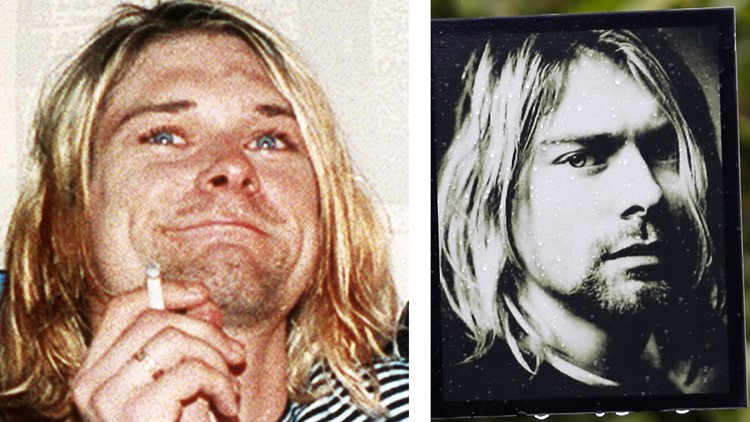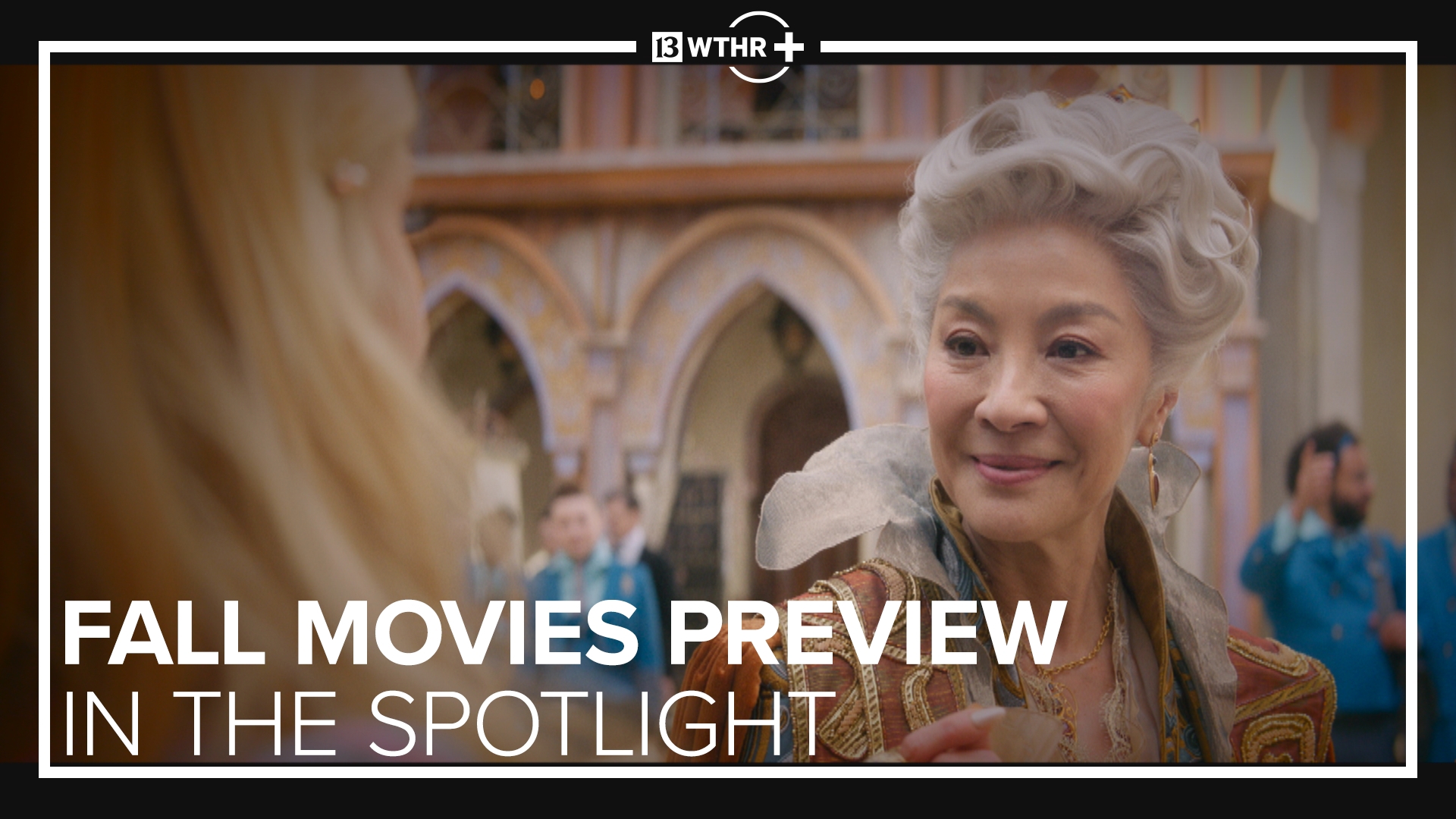His suicide broke the heart of a generation, spurring public fear of copycats, makeshift shrines and masses of flannel-clad youth hugging through their tears and wondering, “Why?”
Twenty-five years since Kurt Cobain took his own life with a shotgun in his Seattle home, leaving behind a suicide note to his wife, Courtney Love and his daughter Francis Bean, the music Cobain produced in the early 90s has become part of the fabric of American music, influencing genres from hip-hop to bluegrass.
Cobain’s band, Nirvana, came on the scene when hair-bands reigned supreme, rewriting the rules. Their first release from their iconic 1991 album Nevermind, “Smells Like Teen Spirit,” got our attention and held it. More bands out of the Seattle area emerged with powerful music, minus the classic rock ‘n’ roll showboating that had until then defined the genre, and Grunge was born.
Cobain was the flawed hero of the era. He captivated. He seemed a confounding mix of anger and vulnerability. Rumors of his drug addiction and rocky marriage were regular music news fodder.
In Nirvana’s iconic 1993 MTV Unplugged concert, recorded in only six months before his death, Cobain’s moody yet powerful performance proved that despite his personal struggles, his ability to channel his anguish through his music was as strong as ever.
In his suicide note, he says he lost his passion for performing and even for creating music. He talks about not being able to appreciate his success and feeling guilty about it. Cobain professes his love for his wife and daughter, ending the note with “I LOVE YOU, I LOVE YOU.”
Since Cobain’s death on April 5, 1994 at the age of 27, the music that Cobain created with Nirvana continues to influence new generations of musicians. It also triggers nostalgia for older generations within seconds of hearing the band’s music.
He famously wrote, “Here we are now. Entertain us.” Even posthumously, Cobain is making good on one of his best-known lyrics.
The National Suicide Prevention Lifeline is available 24/7 can be reached at 1-800-273-8255.
Want to learn more? Seattle's Museum of Pop Culture showcases some of Nirvana's instruments and Cobain's art, as well as his Fender Stratocaster guitar.
What other people are reading right now:



